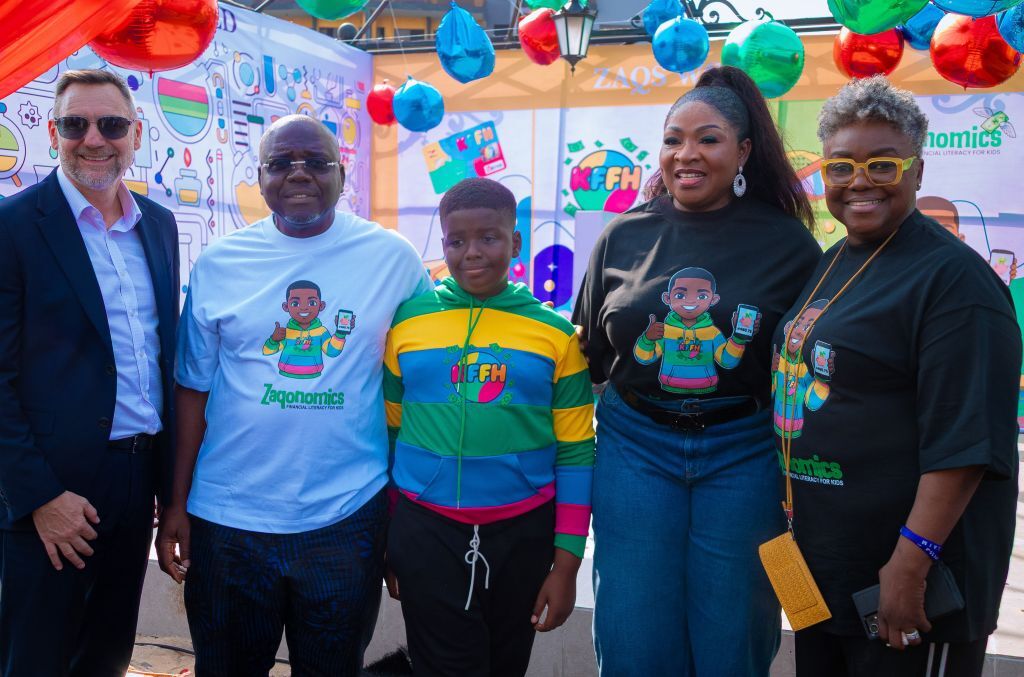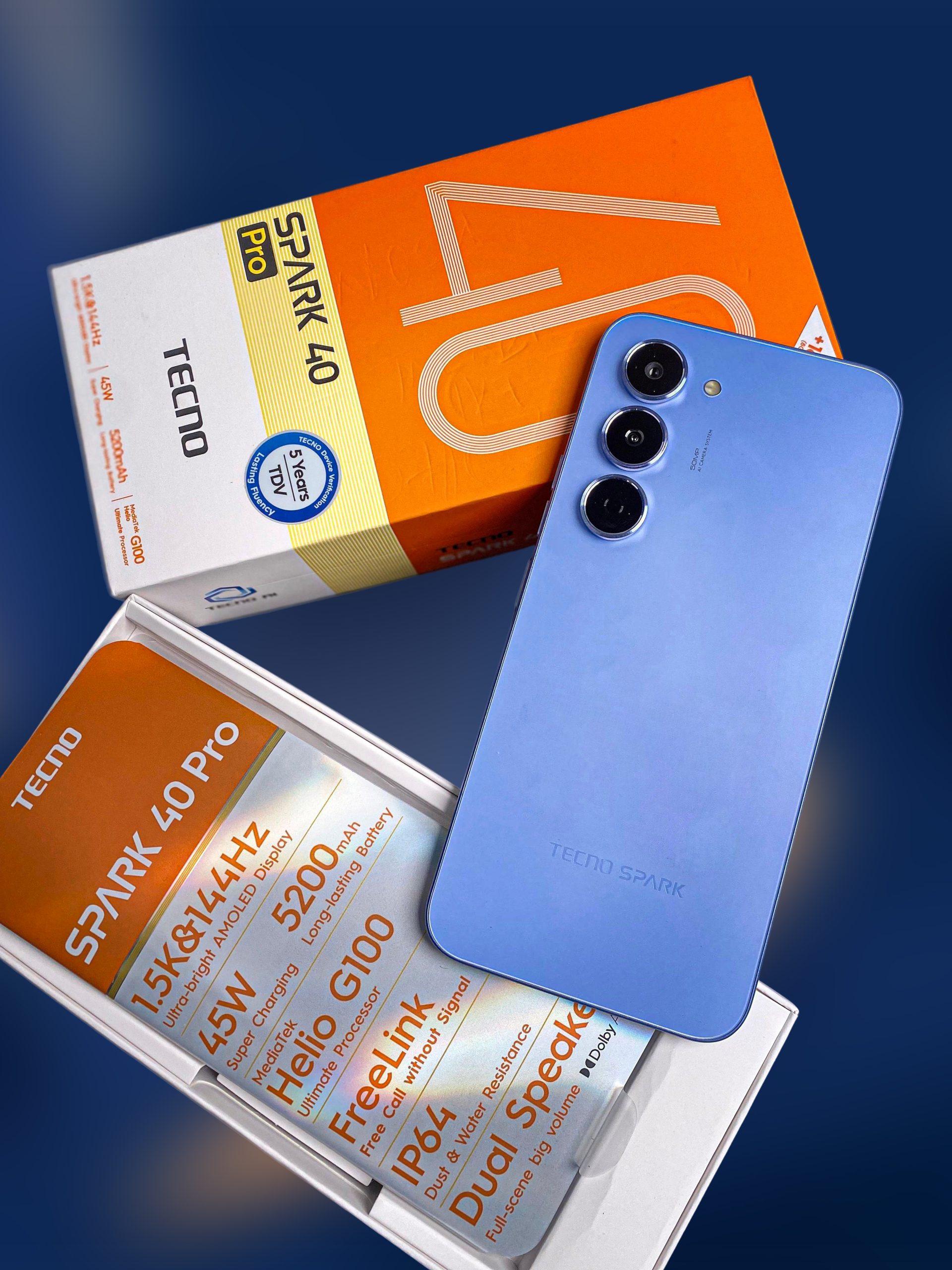[ooyala code=”1hY29tNDE63ejONaJ8lFvsmINX7p_nwo” player_id=”1b17bdeb76cb4ac7b9d901fad6010bb6″ width=”1280″ height=”720″ auto=”false”]
The entertainment industry has been lauded as one of the newest and most successful exports out of Nigeria, but when we talk of entertainment we are often referring to movies and music, but what about gaming? Could this be the next big thing to kickstart the lagging economy?
Figures from market research company Newzoo show that global gaming is on the rise with the market expected to rise from last year’s $99.8 billion to an impressive 118.6 billion in 2019. Mobile gaming is expected to leap from $36.9 billion to $52.5 billion over that same period, which is good news for Nigeria’s blossoming gaming market.
With over 1000 sports games and events
Europe, the Middle East and Africa currently account for 24% of the global market and is worth $23.5 billion but Zubair Abubakar, CEO of Chop Up games believes the opportunities are endless and African developers are just scratching the surface. He cites the recent purchase of the Finnish developer behind ‘Clash of Clans’, Supercell Oy, by Chinese company Tencent for $8.6 billion as proof of the industry’s potential and worldwide reach. “Gaming is new [in Nigeria] so people don’t really get it, ” he said “This [deal] really shows you how big gaming is globally.”
The numbers show that it is important for Nigerian developers to have a global outlook. As a result of technology, games don’t have borders but it’s by integrating local themes into the games that allow developers to stand out by showing elements of African culture not often seen. Chop Up has been approached by some global publishers who have asked to put their games on their platforms, this provides additional global exposure, but Abubakar believes keeping content local is what makes it unique. “We already see different games from different cultures around the world, Abubakar said. “We haven’t seen anything from the African perspective, so it presents that opportunity for us to tell the Africa story through games. The same way Nollywood is telling the African story through movies. ”
The industry is growing, but it is still facing challenges. A major obstacle, central to the industry’s growth distribution with developers struggling to get their games into the market. “In Nollywood or in the music industry in Nigeria once you produce your movie or your music there’s a ready market waiting to help you: Alaba market, he said. “That’s the centre where people distribute your movies or music, if people want to buy and resell they go there. It’s a proper, structured distribution channel, but we don’t have that kind of channel for games. Google Play is already saturated, we need something like an Alaba of gaming.”
Abubakar believes this needs to be a collective effort and things are already moving in the right direction with the creation of local app stores by telcos. “I think all of them have their own app stores now, he said. “MTN just released their own game focused App Store, so that’s a channel. Before these platforms were available it was tough to get your games seen without a big marketing budget.”
Finance is another major difficulty faced by Nigerian game developers, like most tech startups they must rely on searching for investment from Venture Capitalists or Angel networks, as the industry is still in its infancy local investors are at times hesitant to invest. ” It’s [a] very big [challenge],” he said. “When you do a game that is top notch it requires at least a team or 4 or 5 and these guys need to be paid, then once you’re done you need another set of funds to push the game out there. Imagine if you want to do a major game with global impact? You’d need deep pockets to achieve that.”
Challenges aside the growth of gaming in Nigeria shows no signs of slowing down. Gameloft, a French digital and social game publisher, recently opened offices in Lagos citing a revenue increase of 536% in Africa over the last four years as a result the main driver behind the decision. Renewed interest in the ICT sector from the government could be instrumental in assisting the industry move to the next level by creating the necessary environment for gaming to thrive as well as through the establishment of skills development programs and training.






